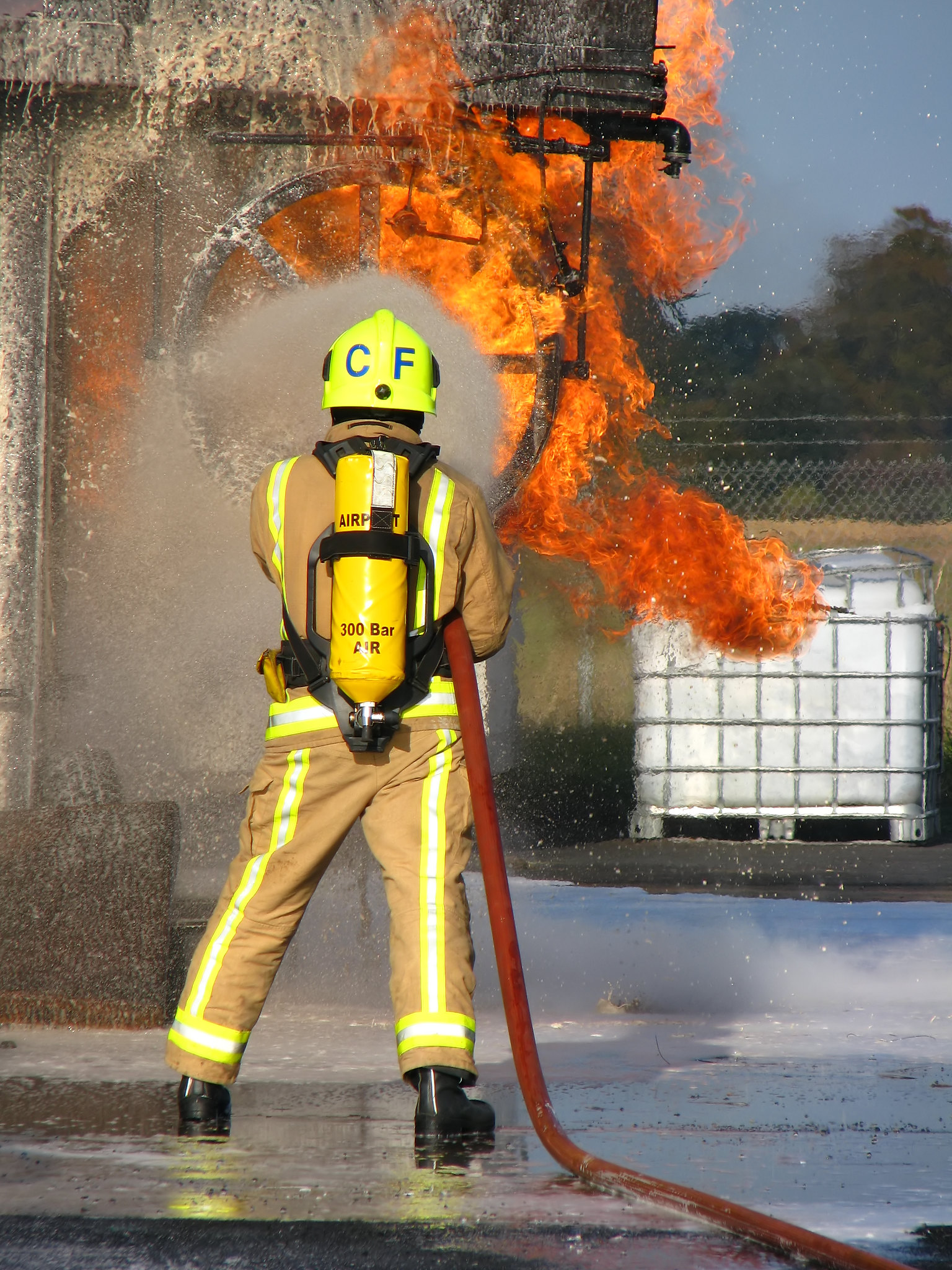
Per- and polyfluoroalkyl substances (PFAs) are synthetic, man-made chemicals garnering a spotlight because of their detrimental impact on the environment and human health.
Commonly used in products such as food packaging, non-stick cookware, household cleaners, and in military equipment like firefighting foam, PFAs are everywhere. A “forever chemical,” these chemicals do not degrade in the natural environment, and are resistant to water, oil, and heat. PFAs are everywhere, and they have taken up residence in our water and soil.
PFAs do not break down in the human body and create long-term negative health impacts. Humans are mostly exposed to PFAs by drinking contaminated water, eating food contaminated with PFAs, and using commercial household products (from non-stick cookware to cleaning products and paints). Since PFAs do not break down and compound (build up) over time, health risks include increased cholesterol, increased cancer risk, and a generally negative impact on the immune system. Increased levels of these chemicals in an expectant mother also correlates to low infant birth weight.
PFAs contamination is not spread equally across communities. Drinking water in communities near industrial and military sites have far higher concentrations of PFAs contamination than neighborhoods not in industrial areas. These chemicals enter the environment from production or waste streams from these industrial and military sites, and since they are water-soluble, animals and aquatic wildlife can internalize these chemicals and see built-up concentrations within them, similar to humans.
So, what is being done? There are few to no federal or state regulations preventing or cleaning up the chemicals in the United States. The EPA has created an advisory level of 70 parts per trillion for drinking water safety standards, and this year, also signaled that it is considering setting a legal safety limit on PFAs in drinking water, but has yet to act on this. In Wisconsin, Governor Evers signed an executive order in August addressing the contamination of PFAs in Wisconsin and expanding PFAs monitoring in the state. Wisconsin state health officials also proposed new groundwater quality standards for PFAs at 20 parts per trillion in June.
In Wisconsin, PFAs have been detected in Madison and Marinette groundwater, and further studies may show that other groundwater wells in Wisconsin have PFAs contamination. In response, it is vital to pressure our state and federal governments to address PFAs pollution and produce more in-depth studies about PFAs and their environmental and health impacts. As Wisconsinites, it’s our duty to provide clean water for everyone. Clean Water is a right – for humans, plants, and animals alike. Inhibiting rapid action and further studies harms our health, communities, and environment.
Written by Sarah Kear, Organizing Project Aide with the Sierra Club Wisconsin Chapter.
Photo courtesy of LimeSpiked.